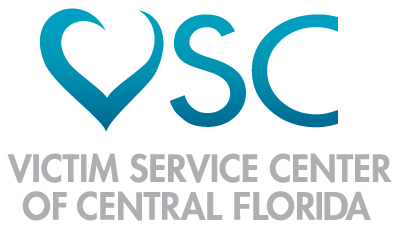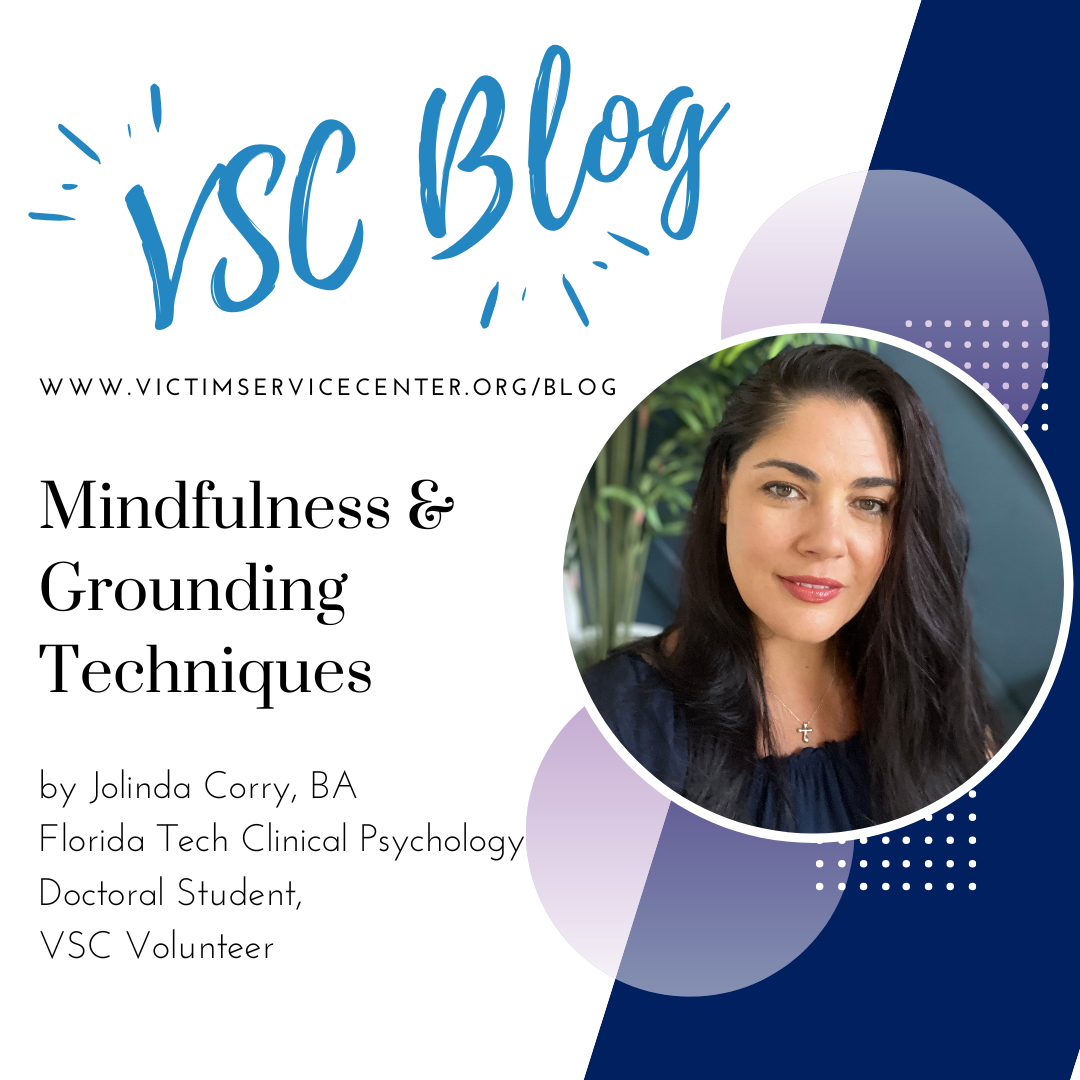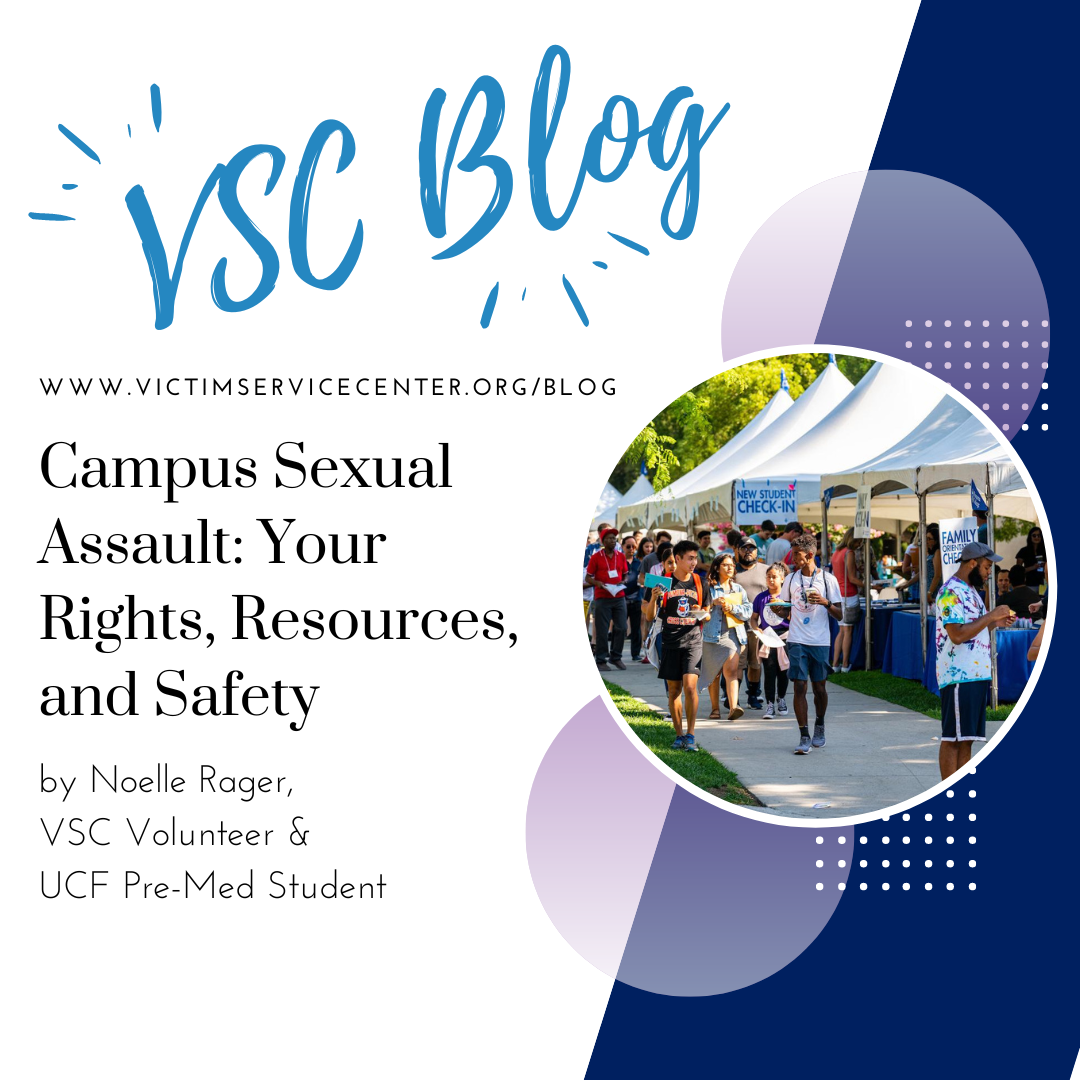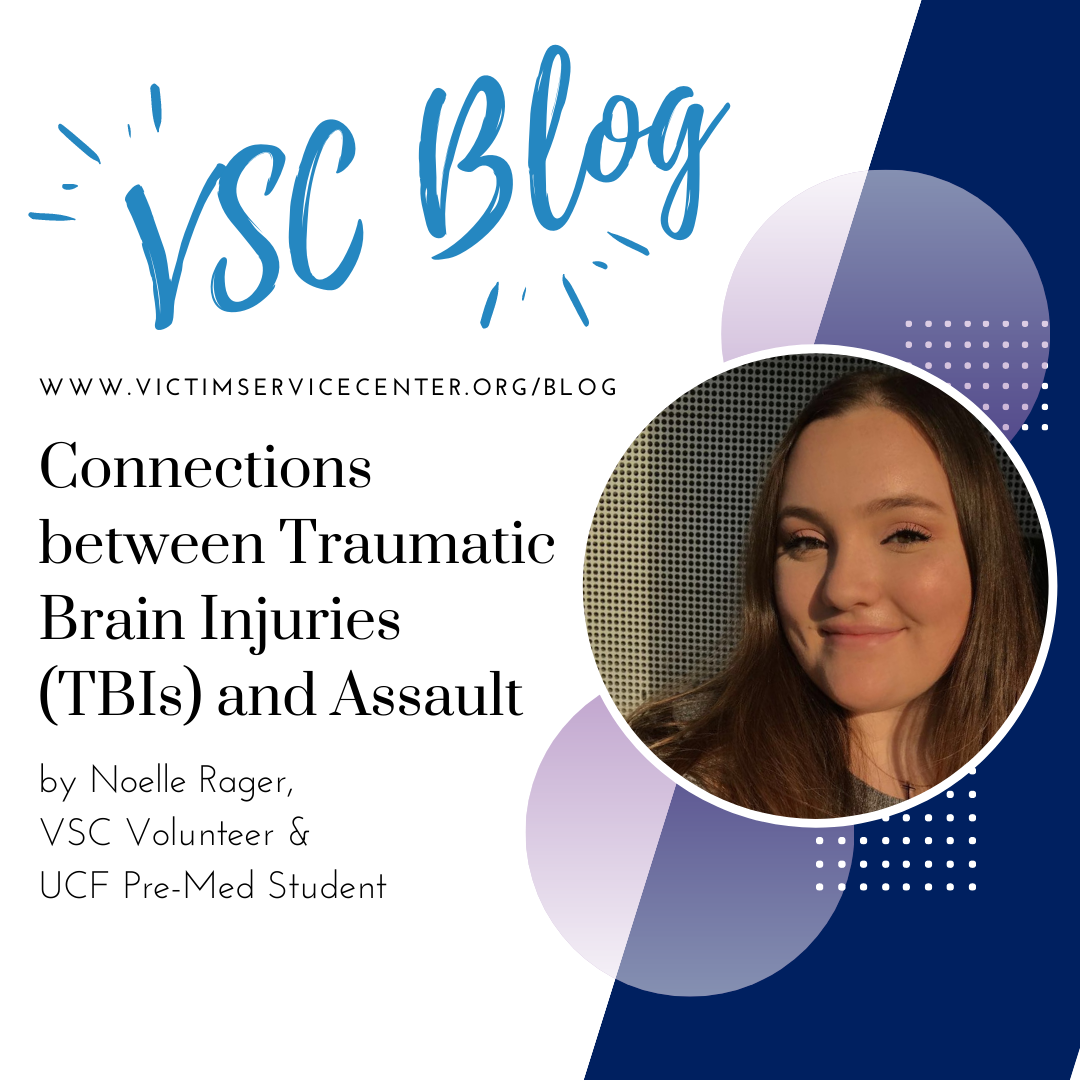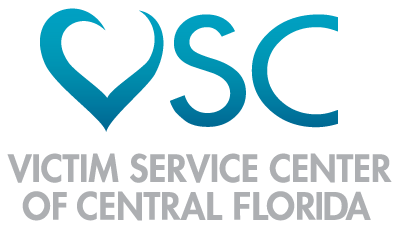by Charniqua Snell, Rollins College Clinical Mental Health Counseling Student

Talking about trauma and consent with adults can be tricky. But what happens when your child wants to join in the conversation – what do you say? What happens when a child is affected by an adult who was traumatized or have been traumatized themselves? How can a guardian or caregiver start that conversation?
It is important to start talking to children about consent and their feelings at an early age. Anyone who has children or works with them knows how difficult it can be to talk about consent because the fear is that having the conversation may ruin the child’s innocence. However, starting these conversations as young as possible can help children learn about bodily autonomy and independence before they find themselves in difficult situations. It provides a roadmap on how to handle their emotions and empowers them to speak up for themselves. Having these conversations can also teach children to respect others and even understand how trauma or sexual assault can harm those around them.
There are many ways to start the conversation about consent and mental well-being with a child but today we will focus on books that could be helpful. Below are some books for young children who are around the ages of 0-10 years old. This blog post is not an exhaustive list, but it can be a starting place for parents and caregivers whose children need support or who have questions.
The first list of books talks about consent. Consent is not just about sex but starts with bodily autonomy because it is important for children to learn that their body is theirs. This can protect the child from sexual grooming and empower them to speak up and tell a trusted adult whenever they feel uncomfortable.
- C is for Consent by Eleanor Morrison
- Miles is the Boss of His Body by Samantha Kurtzman-Counter and Abbie Schiller
- Don’t Touch My Hair! by Sharee Miller
- My Body Belongs to Me from My Head to My Toes by pro Familia
- No Means No! by Jayneen Sanders
- My Body: What I Say Goes! by Jayneen Sanders
Children also need to explore and ask questions about their feelings and learn appropriate ways to express those feelings. When talking to children, it is important to mention that having feelings is not bad and that there are not “bad” emotions. However, how we handle our emotions can cause harm to ourselves and others if we are not careful.
- In My Heart by Jo Witek
- Tough Guys Have Feelings Too by Keith Negley
- The Way I Feel by Janan Cain
- Whimsy’s Heavy Things by Julie Kraulis
- B is for Breathe by Dr. Melissa Boyd
- My Magic Breath: Finding Calm through Mindful Breathing by Nick Ortner and Alison Taylor
While no one wants to have the discussion about trauma and sexual assault with a child, these situations do happen. Children need to know that they can safely ask questions or disclose abuse. The first two books below talk about what to do when something scary or terrible happens. They are not specifically about sexual assault and can be used as a conversation starter about any traumatic event that may have happened in the child’s life or to someone they know personally.
- A Terrible Thing Happened by Margaret M. Holmes
- Once I was Very Scared by Chandra Ghosh Ippen
These last two books deal specifically about a child who has been touched inappropriately by an adult. In both books, the child expresses the emotions they felt when the abuse happened, the fears they have when going to their parents, and how it was helpful to tell someone about the abuse. Both books are probably better suited for the older children in the 0-10 age range but use any of the books mentioned based on the maturity level of your child.
- My Body Belongs to Me by Jill Starishevsky
- Some Secrets Should Never Be Kept by Jayneen Sanders
No matter how old, children are curious about their bodies and how to interact with other people. Having these hard conversations, can keep our children safe and empower them to love themselves no matter what happens.
If you know of a child who is in an abusive situation, please contact the Florida Department of Children and Families (1-800-962-2873).
For more information about having consent conversations with your children and help for abusive situations check out these resources:
- The
Children Advocacy Center: a local community center that works with children who
have suffered from abuse or neglect and their families
http://caccentral.com - The
Healing Tree: a counseling center for children ages 3-17 who have experienced physical
and sexual abuse
http://caccentral.com/the-healing-tree/ - Blog about teaching consent to your kids:
- Sex Ed
Rescue: a parent and former nurse who now combines resources for parent to talk
about sex ed, puberty, and LGBTQ+ topics with their children from toddlers to
teenagers
https://sexedrescue.com
